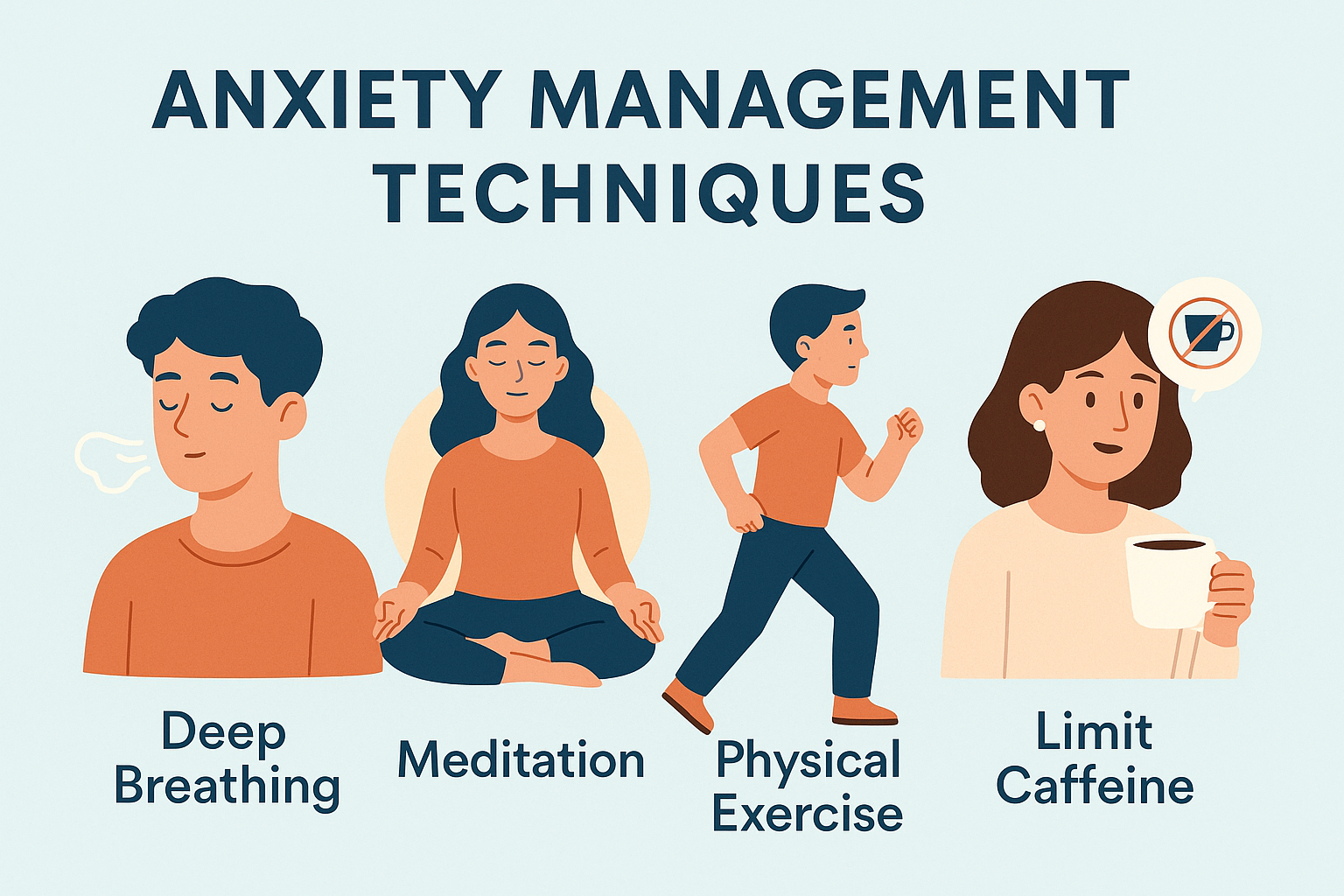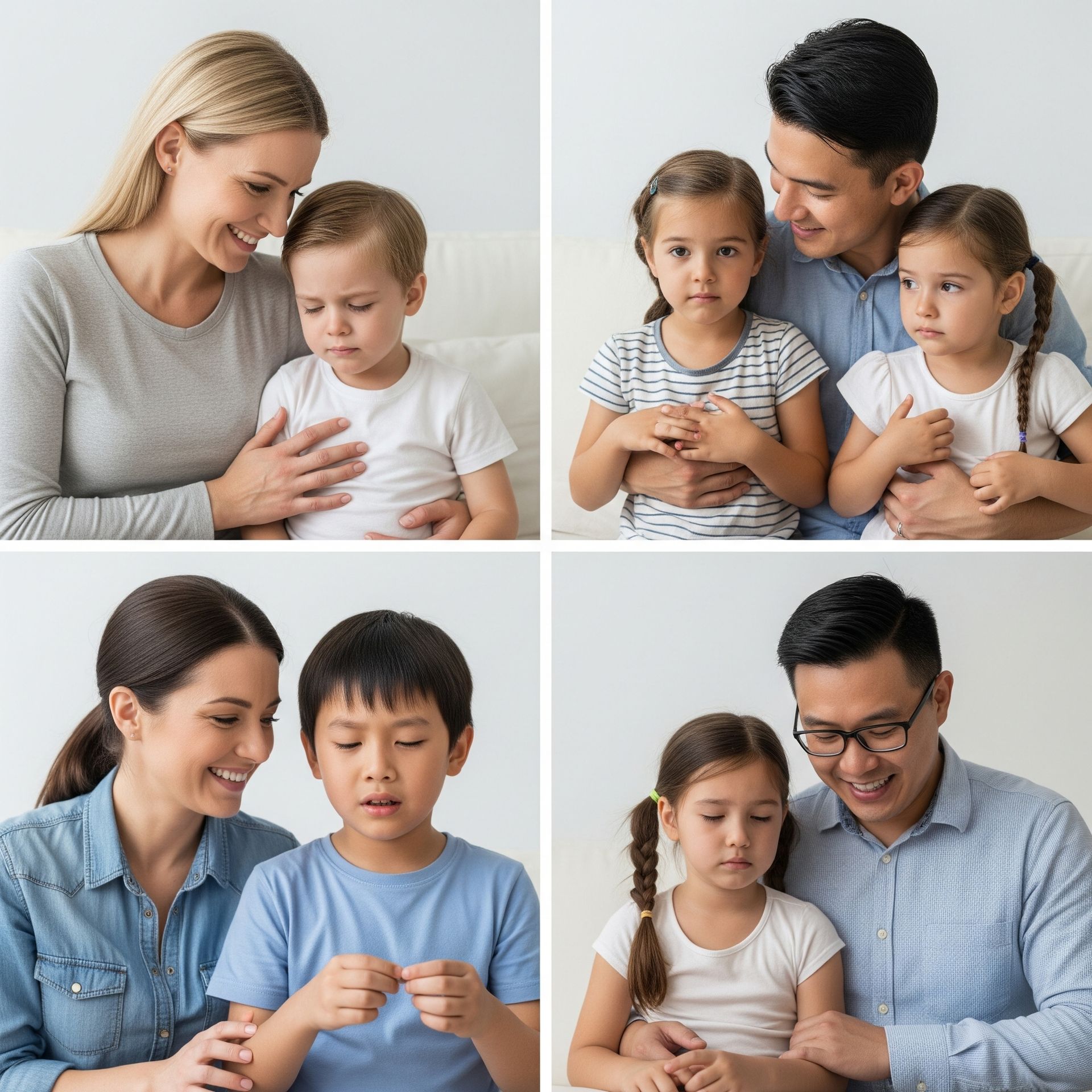
Parent-Teen Therapy: The Post-Divorce Bridge Back to Your Teen
The closed door. The one-word answers. The feeling that you're walking on eggshells in your own home.
Divorce doesn't just separate partners; it can build a wall between a parent and their teenager. A wall that feels impossible to climb. One moment, they were your child, and the next, they feel like a stranger.
This distance isn't just typical teen angst amplified. It's a common and painful side effect of a family in transition.
The good news is that these walls can come down.
Join us as we explore why that distance appears and how parent-teen therapy can help you and your teen find your way back to each other.
Why Divorce Creates a Rift With Your Teen
A teenager's reaction to divorce is complex. While younger children often show their distress more openly, teens may process their grief by pulling away.
Adolescents are at a stage where they are forming their identity.
More than disrupting routine, divorce shakes their sense of security and views on family and relationships. This internal turmoil often manifests as external distance.
Here are a few reasons why that chasm might be growing.
A Shift in Roles
Your teen suddenly feels pressured to become a mini-adult. They might try to act as:
● Your emotional confidant,
● A protector of a younger sibling, or
● The "strong one."
This role shift disrupts the natural parent-child dynamic and creates resentment.
Loyalty Binds
Teens are acutely aware of conflict and often feel an intense, unspoken pressure to choose a side. To avoid feeling like a traitor to either parent, they may choose the "safer" option: withdrawing from both.
A Different Grieving Process
You are grieving the end of a marriage. They are mourning the loss of the only family structure they've ever known. They may express this grief through anger, detachment, or an "I don't care" attitude. Unfortunately, parents often misinterpret this as disrespect rather than pain.
Parent-Teen Therapy: The Bridge to Reconnection
So, how do you start talking again when it feels like you're speaking different languages? Parent-teen therapy! It creates a structured and safe environment to rebuild your connection.
Remember, family therapy's not about finding blame, but understanding.
Here's how parent-child counseling helps build that bridge:
Creating Neutral Ground
The therapy room is a dedicated safe zone. It's a place where both of you can speak honestly without fear of escalating a fight. The therapist ensures that everyone feels heard and respected.
Translating for Each Other
A therapist acts as a skilled interpreter. They help you hear the fear behind your teen's anger and help your teen hear the love behind your frustration and rules. This fosters empathy, the first step toward rebuilding trust after divorce.
Setting New Rules of Engagement
You'll learn practical, new ways to communicate. This involves setting clear rules for conversations:
● Using "I" statements,
● Avoiding generalizations, and
● Learning to listen without immediately reacting.
These tools are invaluable for providing ongoing emotional support for your teen.
Addressing the Unspoken
Therapy provides the space to finally talk about the "elephants in the room" (a new partner, financial changes, or feelings of betrayal) in a calm, mediated way. Getting these issues out in the open removes their power and allows healing to begin.
The Lasting Benefits of Rebuilding Your Bond
Attending family counseling for divorce does more than ease current tensions. It helps your entire family work toward future health and happiness.
Some of those benefits include:
● A Stronger Future Relationship. You are laying the groundwork for a more honest and resilient adult relationship with your child.
● Improved Sibling Dynamics. When the parent-teen relationship is healthier, teens are less likely to displace their stress onto younger siblings. In turn, it creates a more peaceful home for everyone.
● Healthier Co-Parenting. A teen who feels heard and supported is less likely to be caught in the middle of ongoing co-parenting conflicts.
● Your Well-Being. Reconnecting with your teen is a powerful antidote to your stress and grief. Feeling that bond strengthening reduces parental guilt and anxiety.
The silence between you and your teen doesn't have to be permanent. The goal of parent-teen therapy is to give your family a shared language and a clear path forward.
If you are ready to start rebuilding that bridge and reconnecting with your teen, we are here to help.
Let's Talk About Your Family
Disclaimer: The content on this blog is for informational purposes only and is not a substitute for professional medical advice. Always consult a qualified health provider with medical questions. Never disregard or delay seeking medical advice due to blog content. If you have a medical emergency, call your doctor or 911.



